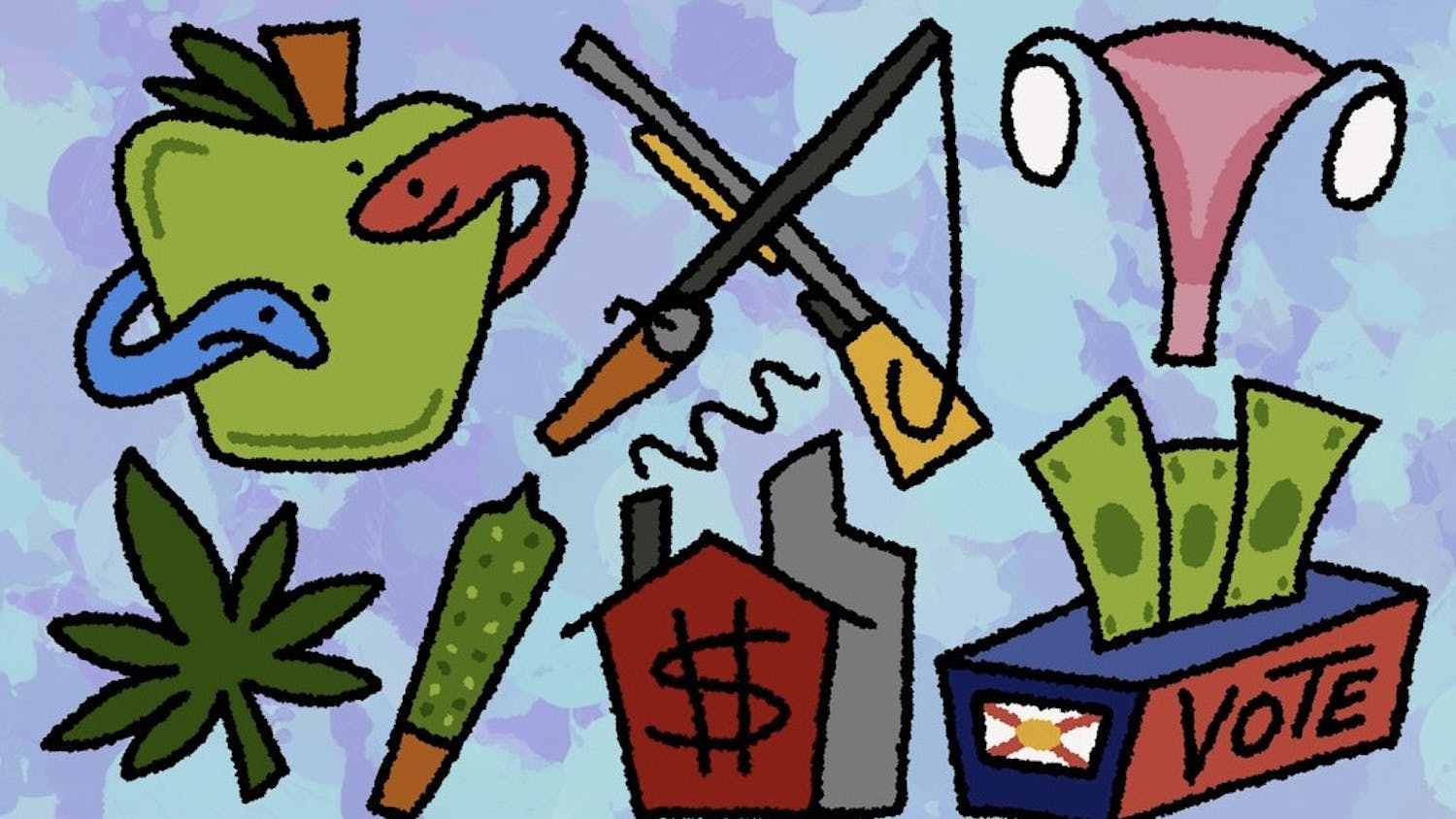The debate over the legalization of marijuana may have just received an unexpected boost from a prominent news organization’s medical correspondent.
CNN’s Dr. Sanjay Gupta hosted a special report that aired on CNN about two weeks ago — and several times since — that lends another perspective to the drug war over cannabis.
Why is this important?
Other than the fact that the most recognizable cable news channel spent an hour talking about weed — didn’t realize they were that desperate for ratings — Gupta was once a vocal opponent of legalizing marijuana.
In 2009, he wrote a lengthy article for TIME titled “Why I Would Vote No On Pot.”
It seems as though he’s changed his mind.
Gupta’s special report uncovered the medicinal and positive uses for marijuana. While developing the report, the information he gathered about people who use marijuana for medicinal purposes proved to be so eye-opening that he retracted his earlier statements and apologized for being one of the people who propagated the myth that marijuana has no medicinal qualities and is a dangerous drug.
If you haven’t seen it, in a nutshell, Gupta looks at the other side of the argument and talks with people who have benefited from the use of marijuana.
He appeared on “Anderson Cooper 360” to speak with Cooper and wanted to clarify his position on pot.
“There are many substances out there — some of which are legal — that you’re more likely to abuse than marijuana,” Gupta said.
In his CNN special, he discussed a little girl with bouts of seizures so strong, they could potentially be fatal — if the powerful drugs she’s taking to treat it doesn’t kill her first. He discussed cancer patients in Israel who inhale the vapor in order to ease the pain of chemotherapy and regain their appetite.
Marijuana is still illegal at the federal level and only 20 states and the District of Columbia have made it legal for medicine — so the time hasn’t yet arrived where you can smoke a joint as casually as you would smoke a cigarette.
Marijuana, according to the Drug Enforcement Administration, remains a Schedule I drug.
“Schedule I drugs, substances or chemicals are defined as drugs with no currently accepted medical use and a high potential for abuse,” the DEA website states. “Schedule I drugs are the most dangerous drugs of all the drug schedules with potentially severe psychological or physical dependence.”
Gupta confirmed that it’s not as dangerous as it’s been made out to be — after all, have you ever heard of an overdose on pot?
The nation tried Prohibition in the early 1900s, and all that led to was more creative ways of making, selling and drinking alcohol, and it pressured organized-crime leaders to adopt sneakier and more sinister business practices.
It’s similar to being told not to use too much anti-bacterial gel. You create an environment that kills all the benign bacteria — the legal alcohol sellers, regulated and monitored — and make room for more malignant and deadly bacteria to grow and thrive — the underground bootleggers.
Prohibiting marijuana isn’t going to stop people from using it, and if, as shown in this documentary, some people can actually benefit from the use, who are we to deny them the only treatment that might provide them relief?
Jonathan Muñoz is a UF telecommunication junior. His column appears on Thursdays. A version of this column ran on page 6 on 8/22/2013 under the headline "Gupta gives medical marijuana green light"





